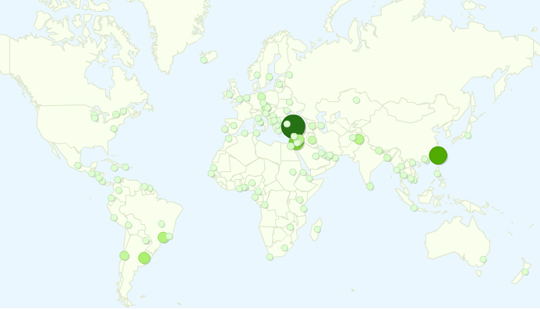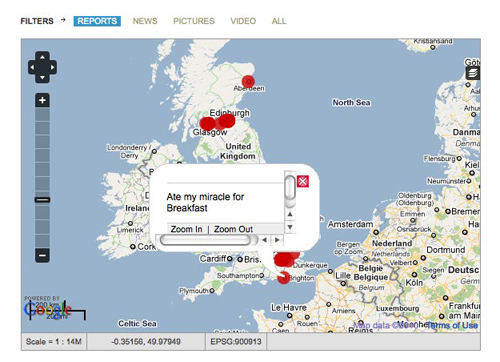According to WikiLeaks, there are more than 7,500 embassy cables due to be released as part of its latest classified documents leak that have the tag OPRC or “Public Relations and Correspondence”.
Only two with these tag have been published so far – one is a round-up of Turkish media reaction and the other a summary of media reaction to news issues in China, the US and Iran, both sent in 2009.
But it’ll be worth keeping an eye on future cables tagged OPRC for information about diplomats and country leaders’ media relations and communications.
Until the text of these cables is made public, we don’t know just what they contain and how relevant it might be to media outlets. But using the Guardian’s data store of the cables, it’s easy to find out how many cables have been sent by which embassies during the time period covered by the leak –
The US embassy in Ankara, Turkey is responsible for the largest number of cables tagged OPRC, 1,551, while the American Institute Taiwan in Taipei is behind 1,026 of them. Seventy-five embassies have sent 10 or fewer OPRC-tagged cables.

